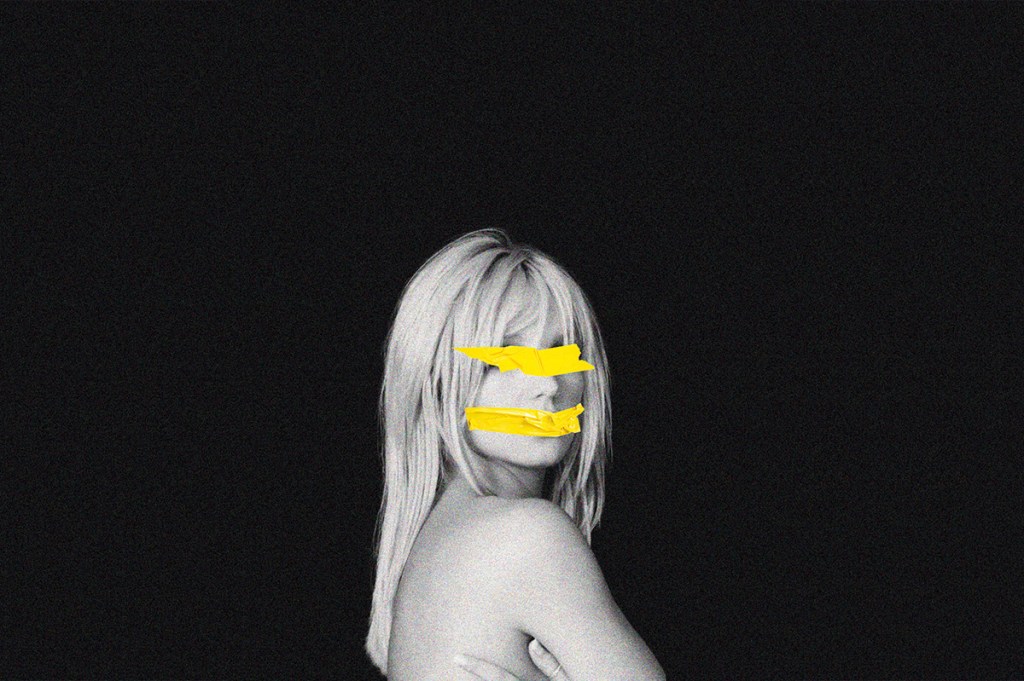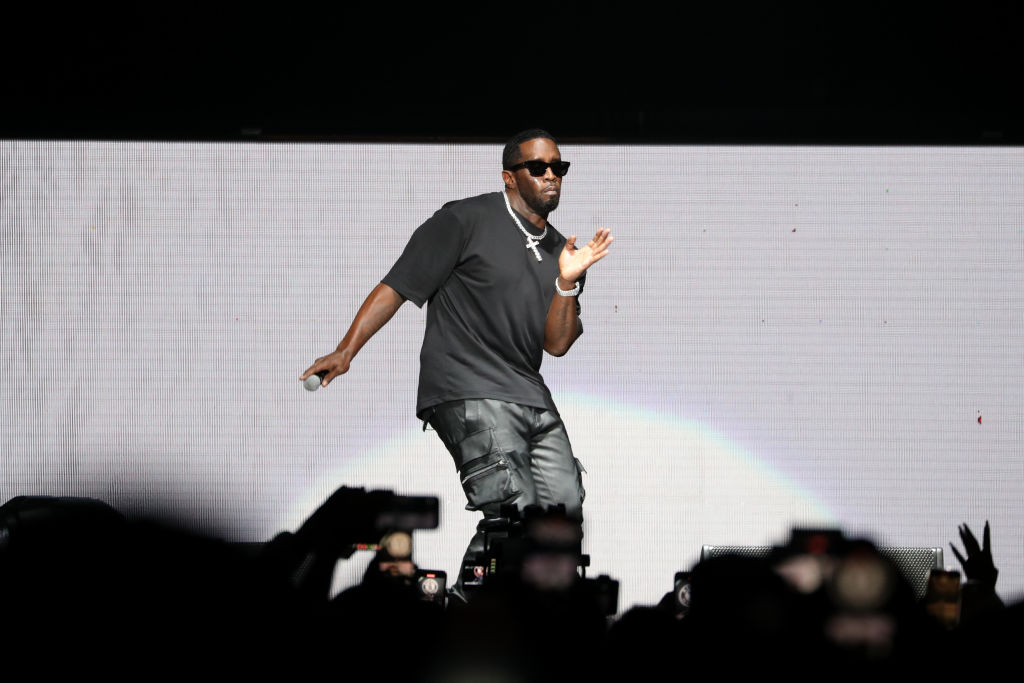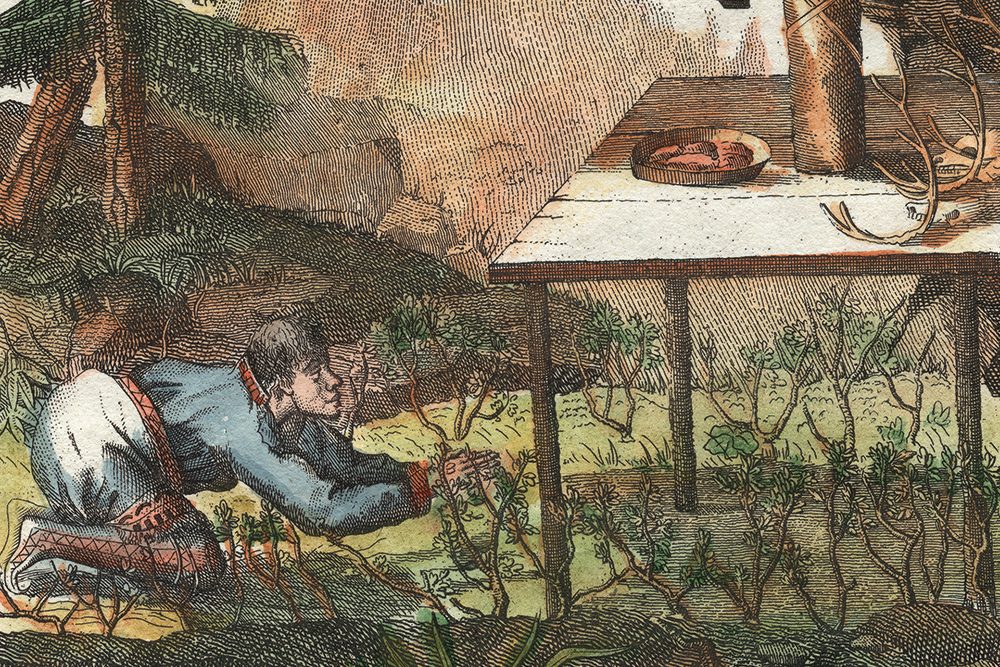Biological differences exist between men and women. Hamas lacks a justifiable reason to kill Israelis. Joe Biden won the 2020 election fair and square. Vaccines work. These are truths which, depending on the political class you’re speaking to, you can no longer say in public. Reading Britney Spears’s memoir, The Woman in Me, I thought, “We should add ‘the Free Britney Movement was wrong’ to the unspeakable truths list.”
Two years into her freedom, Spears should celebrate her memoir as her umpteenth comeback. She should be sitting down with Oprah, confessing what really led to her 2007 breakdown, and releasing a new album pegged to The Woman in Me. Instead, she’s refusing to sit down for interviews, deleting and rejoining Instagram, and speeding around Los Angeles without a license or car insurance. Amid this latest round of chaos, her memoir reads like a groupchat message from a mentally ill, charismatic friend. It’s the portrait of an artist as a middle-aged woman who believes she has done no wrong other than popping over-the-counter energy pills — and it’s a cause for concern.
Problems begin with the book’s cover. The classic celebrity memoirs — Jenna Jameson’s How to Make Love Like a Porn Star, Janice Dickinson’s No Lifeguard on Duty, Christina Crawford’s Mommie Dearest, Holly Madison’s Down the Rabbit Hole — function as high-end art books, gossip tabloid tell-alls and (ghost)written confessions. Spears didn’t even sit for a book cover photoshoot. The Woman in Me welcomes readers via an ancient, photoshopped image of Spears, topless. Even worse, the title is bland and unoriginal; the polar opposite of the originality of her lyrics. It could have been “My loneliness is killing me.”
Where the book does succeed is as a fascinating portrait of cognitive dissonance and denial. She opens her story with a recount of her family history:
Tragedy runs in my family. My middle name comes from my father’s mother, Emma Jean Spears, who went by Jean. I’ve seen pictures of her, and I understand why everyone said we look alike. Same blond hair. Same smile. She looked younger than she was. Her husband — my grandfather June Spears Sr. — was abusive. Jean suffered the loss of a baby when he was only three days old. June sent Jean to Southeast Louisiana Hospital, a by-all-accounts horrible asylum in Mandeville, where she was put on lithium. In 1966, when she was thirty-one, my grandmother Jean shot herself with a shotgun on her infant son’s grave, just over eight years after his death.
June, meanwhile, “eventually had ten children with three wives.” One would think Spears might draw a connection to her lineage and her family’s concern for her health. After all, Spears suffered a breakdown (like Jean) and has been married three times (like June). But Spears deploys the Faulkner-esque tragedy to draw how the “Spears men” abuse their women.
She relates her father Jamie’s tragic childhood and descent into alcoholism. Someone with a kindergartner’s reading comprehension could draw a line from his bad behavior to Britney’s, or even from Jamie’s addiction to his strict rules for Britney, but she refuses. She resents him for his strictness and alcoholism. Then she behaves just like him, suggesting her children don’t see her as the queen of their domain: “Raising kids in the South used to be more about respecting your parents and keeping your mouth shut,” Spears writes. “Today, the rules have reversed — it’s more about respecting the kids.” Spears might love a judge granting her a conservatorship over her two sons.
The singer hates people judging her, but she has a long list of suggestions for how others should live. She complains her parents overindulged her little sister, Jamie Lynn, by letting her watch TV and eat desserts, and she rants that everyone paid attention to her brother Bryan. Only in the final chapter — and you can feel an editor suggesting these sentences — does she acknowledge her parents gave her siblings more attention because the entire rest of the world was focused on Britney Spears.
Of course, Spears’s parents had many faults. They’re drunks. The dad is bankrupt. Only a dysfunctional family could breed Spears’s problems — and her pop stardom — but there can be good intentions behind the worst actions. Sure, Jamie could have forced Spears to attend two AA meetings weekly instead of his required four. Yes, it’s over-the-top that he put her on a $2,000-a-week “fun money” allowance, but given current tabloid reports that she continues to suffer from financial problems, perhaps he was trying to preserve her financial future? Wrong. Spears insists she’s great with money. The proof: she keeps her receipts in a bowl in her house.
The wildest element of Spears’s reinterpretation of her family is in her depiction of her first marriage. She paints her parents as abusive for forcing her to annul her impulsive Vegas wedding to a childhood friend, Jason Alexander. “Everybody has a different perspective on it, but I didn’t take it that seriously,” she says. “I thought a goof-around Vegas wedding was something people might do as a joke. Then my family came and acted like I’d started World War Three. I cried the whole rest of the time I was in Las Vegas.” Spears fails to see that her parents were protecting her from a random man stealing half her fortune in a divorce.
The most maddening aspect of Spears’s self-portrait is that she asks us to deny what we saw with our own eyes. She lacks addiction issues. She went to rehab because her evil father overreacted to her taking over-the-counter “energy supplements.” When she locked herself in a bathroom with her infant, inciting a SWAT team to break into her mansion, free the baby, and wheel her to a mental hospital on a gurney, she was just a sad young mom who wanted to see her baby. Yes, she admits, a doctor prescribed her lithium — a drug often given to schizophrenics with paranoid delusions — but that doctor and those nurses were part of a conspiracy with her father to kill her. Britney Spears is completely fine.
One could say she’s delusional, but Spears’s prose has an element of manipulativeness. She reduces her 2007 breakdown to head-shaving, the “Gimme More” VMA performance, and the mental hospital visit. She skips past her fake British accent, the pink wigs, the time she ran out of custody court screaming “Eat it! Lick it! Snort it! Fuck it!” She denies drug use despite missing eight of fourteen judge-mandated drug tests. She makes only one mention of her notorious Svengali-manager, Sam Lufti, describing him as a “friend” at the scene of the gurney. To her credit, Spears acknowledges her paparazzo boyfriend, Adnan Ghalib, but she calls him “the photographer,” as if he were working for Vogue. Describing the time she and “the photographer” nearly drove her sportscar off a literal cliff, she writes only, “I felt so alive.” She goes so far as to paint her father as crazy for opposing their courtship. Any reasonable father would protest a recently institutionalized pop-star daughter’s screwing a paparazzo who had stalked her. As someone who followed the entire Spears saga, it’s enraging to see her deny what we all saw with our eyes.
It’s also fascinating to read cognitive dissonance on the page. It’s revolting, but it’s still a page-turner.
This isn’t to say the memoir is all bad. As in her early music videos, where she channeled a teenage Lolita, she functions both as a child and an adult. Spears is best discussing — what else — music. When describing the philosophy behind her pop stardom, she comes across as a genius with an 80 IQ, as was famously said of Andy Warhol. When she wants to piss off her dad, she wears wigs that stay still when she moves her head. She knows moving hair pleases an audience. Breaking down the “…Baby One More Time,” video, she describes her choice to wear a sexy schoolgirl uniform. She recognized it would titillate American teenagers and adults alike. When team members worried about her posing in her underwear with a Teletubby for a David LaChapelle Rolling Stone cover, Spears rolled her eyes and doubled down. She’d later hire LaChapelle to direct the video for “Everytime,” a ballad she wrote about the abortion she had when she was pregnant by ex Justin Timberlake.
Reflecting on her Vegas residency, Spears correctly asserts that her conservatorship censored her. They wanted to keep her safe, but she wanted to sing “Get Naked.” The show bored her — and as someone who shelled out dough to see it, I know it also bored audiences — because Spears is at her best when pushing buttons. “…Baby One More Time” succeeded as a video because the schoolgirl ensemble forced America to consider taboos some find sexy. Blackout hits like “Piece of Me” critiqued Americans’ tabloid obsession with her life against edgy, underground synth beats.
Spears insists she’d put on a better show without her conservatorship, but since gaining her freedom, Spears has refused to perform. Tragically, this may be tied to Spears’s personal problems. She writes about her time in a mental hospital and her fear that “whatever made me Britney” will leave her hospitalized. What’s so frightening about The Woman in Me is that it forces us to realize that what made us love Britney may be the same force that destroys her personal life. The conservatorship may have restricted her artistic genius, but she may have needed it. Her father may have been wrong for the role — he dramatically overpaid Britney’s financial manager, Lou Taylor — but she clearly needs someone to protect her health and finances. By pushing a judge to free her, fans may have certified her inevitable demise, foretold by her tragic family history. Britney Jean Spears may meet the same fate as her namesake, and just as she said in “Piece of Me,” it’s our fault. Once again, America owes Britney Spears an apology — just not for the reasons she suspects.
This article was originally published in The Spectator’s December 2023 World edition.


























Leave a Reply